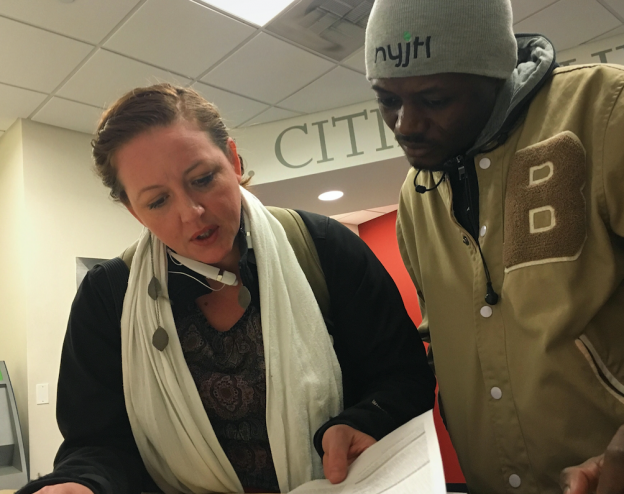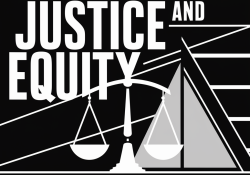Racial Justice Conversation 12/7
Posted by Karen Gunderson
Posted on December 7, 2020
 Topic: The Intersection of Immigration and Law Enforcement
Topic: The Intersection of Immigration and Law Enforcement
Monday, December 7th at 7 pm, on the Racial Justice Zoom link (not the main UUSS Zoom) which you can always find here: Racial Justice page of the UUSS website.
Join by phone: +1 669 900 9128 US (San Jose)
Meeting ID: 811 9414 5508
Passcode: 624954
Here are the resources you should view or read before we meet to discuss. Also, please see –below the resources — brief points Susan Lange (UUSS member)
About Charles Joseph, a Sacramento man living in the uncertainty of this intersection:
(15 min video)
San Francisco Resolution
(2-3 min read)
Immigration and Law Enforcement:
Read about the problem (8 min read)
OR
View these two videos: https://www.facebook. com/watch/?v=314396982846349 ( 6:43);
https://www.youtube.com/watch? v=CbDLHHzg4lI&feature=youtu.be (3:27)
Alternatives to detention (2 min read):
Bonus resource:
The Myth of Legal Immigration, TEDx Jacksonville, Sheena Koshy (16:04):
Proposed Reflection/Discussion Questions
- As you read or viewed the materials, did you find yourself minimizing or questioning the veracity of the material? What does that mean for you?
- What does Charles Joseph’s case tell us about the nature of law enforcement, criminal punishment, immigration, and justice in the US right now?
- Several actions are listed in the “Alternatives to Detention” article. What might you consider?
More info:
From Susan Lange:
1. Immigration law has a classification “aggravated felony” which is different from criminal law. If a non-citizen (even with other status) commits an aggravated felony, he is subjected to deportation. However, there are many legal ways to fight deportation, such as Convention Against Torture, U-Visa, Family Petitions, or vacating their charges.
2. It would be wrong to think that people who have committed felonies all deserve to be deported. People who have served longer prison sentences and received parole are truly rehabilitated. The parole board is not easily fooled. The governor has to sign all paroles. These are people who have truly rehabilitated themselves. They have worked with at-risk youth in the prison system. They are the people that CA needs in order to work in their communities to prevent youth from going down that same path. Instead of being treated as valuable members of our community, they are deported.
3. Although immigration judges have great “prosecutorial discretion,” they only see the piece of paper as defining a person. His family ties, his lack of knowledge of his country of birth, the length of time in the U.S., the years that someone has worked in the U.S. and paid taxes, his connections to the community, or his rehabilitation are all ignored. A person should be seen in context of who they are as a whole person, and not only in light of what happened in their lives that led to a conviction.
4. Everyone in immigration detention would be home except for their immigration status. They have all paid the price for whatever has happened in their lives. Not everyone in detention comes from prison, or jail, but if they do, they have finished their sentences or received parole. I don’t need to say it, but POC are disproportionately incarcerated.
5. Not everyone in immigration detention is undocumented. Most people have status, such as Landed Permanent Resident (green card), TPS, or other legal documentation. Most people in immigration detention came to the U.S. as children.
6. Sheriff’s departments cooperate with ICE by giving access to their databases to ICE. This is how ICE knows who is there and who is being released. Sheriff Jones has said that he gives “unfettered access” to ICE to the Sheriff’s database. For a long time, ICE could ask for a “hold” to keep people at the jail or prison, in order to give ICE time to get there to take them into custody. The Trust Act stopped holds. However, now people are released from jail/prison, and ICE is waiting for them as they walk out the doors.




Sorry, the comment form is closed at this time.